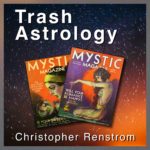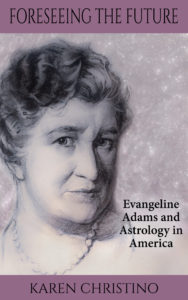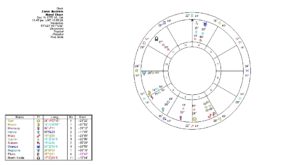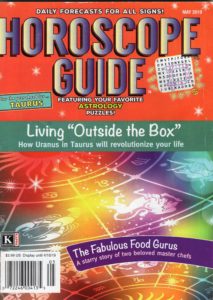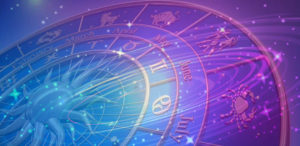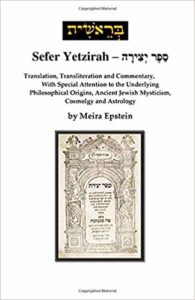We’ve come to know a lot of facts about the Moon, but its astrological – symbolic or metaphysical – meaning is completely at odds with science. It’s a good example of how differently astrologers and materialists see the world.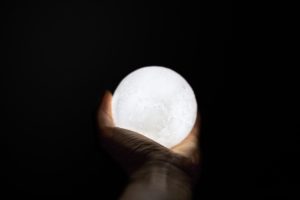
Scientists see the universe in terms of physical characteristics. The InfoPlease encyclopedia talks about the history of our knowledge of the Moon’s physical characteristics – from Galileo taking a closer look with his telescope in 1610 to the Moon walk in 1969 and beyond. The Moon has no atmosphere, though there may be “water ice” in its soil, according to space probes. Most of it is made up of powdered rock and rubble, with craters from meteorite impacts. It is “an essentially static, nonevolving world.” In other words, it’s dead.
Dr. Luke D. Broughton (1828-1899), a homeopathic physician and astrologer advised us that, “God appears to have made the world upside down, and things appear inverted to men as well as to babies, the first time they look at them; and men, like babies, have to learn to see things aright.” The symbolic meaning of the Moon isn’t apparent (and may even be considered “occult” – secret, concealed or not easily recognized).
Astrologically, the Moon’s meanings are the virtual opposite of its scientific, physical attributes. We know it symbolizes our emotions and feelings. We look to the Moon in the horoscope to answer questions about fertility, birth and growth. And it’s often associated with life-giving waters, cycles and women.
We might say that the scientific view of the Moon is totally left-brained (using logic, facts and numbers) while the astrological one adds right-brained thinking (focusing on the creative, intuitive and emotional meanings). Scientists derogatorily think of our use of symbols as “magical thinking,” since they see no connection between meaning and the world around us.
Everyone sees meaning in different things in life, but it’s a shame that science is often so dismissive of astrology – they cut themselves off from worlds of understanding. While we know that we live in a vibrant, animate universe.

